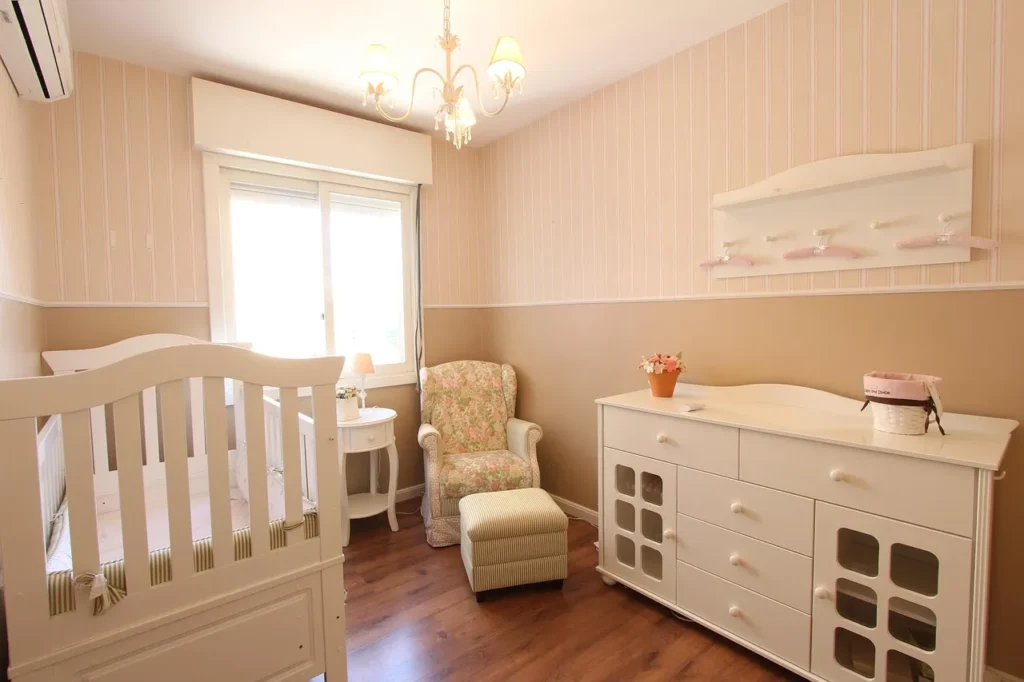
Finding affordable student housing can feel like a balancing act — you want a place that fits your budget without compromising on comfort, safety, or community. The good news? With some smart planning and a few insider tips, you can enjoy both affordability and quality living while studying.
Whether you’re a first-year student moving away from home for the first time or a returning student looking to cut costs, this guide will help you save money on student housing without sacrificing comfort.

1. Start Your Search Early
One of the biggest mistakes students make is waiting until the last minute to find accommodation. As the semester approaches, the demand for student housing skyrockets, and prices often follow.
Start your search at least three to four months in advance. This gives you access to the best options before the market gets competitive. Early planning also means you can compare different housing types — dorms, private rentals, shared apartments, or student residences — and secure early-bird discounts or special offers.
Pro tip: Use student forums, Facebook groups, and housing websites to scout early listings. You’ll not only find better prices but also have more negotiating power.
2. Consider Shared Accommodation
Living alone might sound appealing, but shared student housing can save you a significant amount every month. Splitting rent, utilities, and even groceries with roommates can cut your living costs by 30–50%.
Look for co-living spaces or student residences that are designed for shared living. These often come fully furnished and include utilities like Wi-Fi, electricity, and water — which simplifies budgeting and reduces surprise bills.
Besides saving money, shared accommodation can enhance your social experience, helping you make friends and feel more connected to your university community.
3. Look Beyond the Campus Bubble
Proximity to campus is convenient, but it often comes with a higher price tag. Exploring neighborhoods just a short bus or bike ride away can lead to more affordable rent and better amenities.
Do your research on transportation routes and costs before committing. In many cities, a 10–15 minute commute can save you hundreds per month.
If you’re studying in a city with a reliable public transport system, look for student discounts on passes — another great way to stretch your budget.
4. Choose All-Inclusive Student Housing
Hidden costs like internet, heating, or maintenance fees can quickly add up. Choosing an all-inclusive housing option ensures you know exactly what you’ll pay each month, making it easier to manage your budget.
Experience community and comfort with Liv Student’s student housing solutions. Their all-inclusive rent structure covers utilities, high-speed Wi-Fi, and access to shared amenities like gyms, study areas, and social spaces — giving you the convenience of modern living without unexpected expenses.
Opting for all-inclusive housing also eliminates the hassle of setting up multiple bills or dealing with fluctuating costs during colder months.
5. Furnished vs. Unfurnished: Do the Math
Furnished student housing might look more expensive upfront, but it often saves you money in the long run. Buying and later selling furniture, kitchenware, and appliances can be costly and time-consuming.
With furnished accommodation, you move in stress-free — no truck rental or IKEA trips required. Plus, you can focus more on studying and settling into your new environment instead of managing logistics.
If you do opt for an unfurnished place, check local marketplaces or student groups for secondhand furniture. You can often find great deals or even free items from graduating students moving out.
6. Negotiate and Read the Fine Print
Rent isn’t always set in stone. Especially if you’re signing for a longer lease or moving in off-peak season, landlords may be open to negotiation.
When discussing terms, ask about:
- Flexible payment schedules (monthly vs. quarterly)
- Discounts for upfront payments
- Waived move-in fees or reduced deposits
Before signing, carefully review your lease agreement. Make sure you understand the cancellation policy, maintenance responsibilities, and any extra fees. Being proactive here can prevent expensive surprises later.
7. Make Smart Use of Student Perks
Students have access to a wide range of discounts — not just on housing, but on utilities, furniture, transport, and entertainment.
Look for:
- Student discount cards (like ISIC or UNiDAYS) for local deals
- Housing partnerships through your university
- Referral programs from housing providers that reward you for bringing friends
Even small savings add up over time and can make a noticeable difference in your monthly expenses.
8. Create a Monthly Budget and Stick to It
Once you’ve chosen your housing, take control of your finances. Track your monthly expenses — rent, groceries, transport, entertainment — and set spending limits.
Free apps like Mint, YNAB, or Monzo can help you stay organized and visualize where your money goes. Having a clear budget not only keeps you on track but also ensures you can enjoy your student life comfortably without financial stress.
Final Thoughts
Saving money on student housing doesn’t mean living in cramped or uncomfortable conditions. With smart planning, shared spaces, and all-inclusive housing options, you can enjoy both affordability and quality living.
The key is to start early, compare options, and choose value over price alone. When you find the right balance, you’ll have a home that supports your studies, lifestyle, and well-being — without stretching your budget.






Leave a Reply